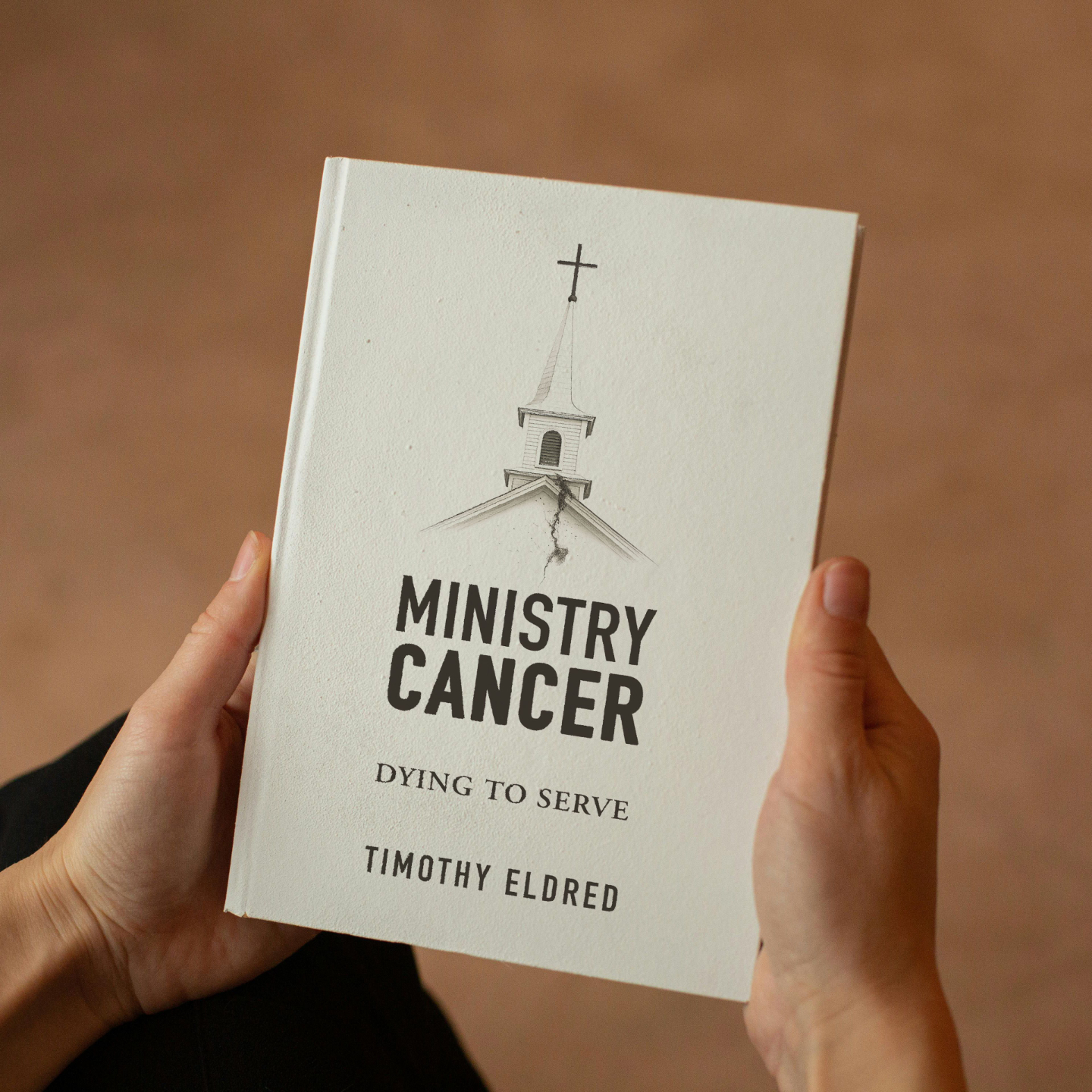The Real Reason Churches Don’t Change

Some churches want change. Others want to talk about wanting change. And the difference between the two? It’s not size. It’s not style. It’s not structure. It’s courage.
I’m consulting with two churches right now—both in transition, both filled with potential, both facing pressure to realign before things slip further. But only one of them is stepping into the process. The other is stuck circling the runway, convinced that momentum equals movement.
Let me show you what I mean.
One church—let’s call them Riverview—took a hard, honest look in the mirror. They saw the drift. They named the misalignment. They didn’t sugarcoat it, didn’t scapegoat a staff member, and didn’t settle for surface-level answers. They simply said, “We’re stuck—and we need help.”
They didn’t reach out for a quick fix. They weren’t looking for a consultant to swoop in with a silver bullet. They were ready to do the work. What’s already emerging is powerful: deeper team trust, elder alignment, strategic clarity, and a growing willingness to embrace what’s possible—not just preserve what’s familiar. They’re still in process, of course. But they’re becoming healthy. And they’ll tell you themselves—it’s hard, but it’s worth it.
The other church—let’s call them Hilltop—also said they wanted change. At first. They agreed something was off. They nodded in meetings. They acknowledged the need for realignment. But when it came time to actually do the work, things shifted. The courage to admit what needed to be addressed faded into discomfort. And that discomfort gave way to fear. They began defending their old models, rehashing familiar language, and clinging to strategies that hadn’t worked in years.
They didn’t cancel the process. They’re still technically in it. But they’re slowing it down. Resisting. Talking about change while quietly pulling back from the cost of transformation. And while they may not implode, they are—without question—prolonging the pain.
This is what I see in church after church: one is finally ready to move forward. The other is still negotiating with reality.
And here’s the hard truth—this tension has nothing to do with how many people attend your services. It has everything to do with your leadership mindset.
The churches that grow—not just in size but in strength, soul, and sustainability—aren’t the ones with the best graphics or the trendiest names. They’re the ones who get honest about what’s broken and humble enough to ask for help. Period.
So let’s name the real issue. Most churches aren’t stuck because they don’t have a good strategy. They’re stuck because the people in charge don’t want to pay the price of honest reflection. They say they want alignment, but they resist the hard conversations that make it possible. They say they want health, but they’re still trying to solve spiritual dysfunction with structural tweaks.
And underneath it all? Fear. Good leaders fear the backlash of making changes that might disrupt comfort. Boards fear the uncertainty of naming truth in front of longtime stakeholders. And everyone quietly fears losing control of something they’ve held together for years—even if it hasn’t really been working.
The most dangerous thing about this is that it doesn’t look dangerous. It looks polite. Responsible. Thoughtful. Measured. But make no mistake: resistance to transformation dressed in nice words is still resistance. And your church feels it.
If you’re seeing frustration on your team, a lack of ownership among volunteers, or a subtle but steady decline in energy, even if attendance is stable, it’s likely because your leadership culture is saying one thing while doing another.
The good news? You can name it. And once you name it, you can address it.
But here’s what you can’t do: solve it alone.
If you’re carrying the burden of leading change without buy-in, without a process, and without a guide, you will burn out. Not because you’re weak, but because you weren’t designed to carry this alone. You need space. You need strategy. And you need the kind of process that invites your team to move together, not just watch you push from the front.
That’s what we do.
At The Authentic Pastor, we don’t sell easy answers. We walk churches through hard questions. We create a framework for healthy transition. And we help leadership teams realign from the inside out—not with gimmicks, but with clarity, honesty, and courage.
We’re not here to tell you what to do. We’re here to help you remember who you are—and rebuild from that place.
So if you’re a pastor, elder, staff member, or church leader reading this and thinking, “This feels uncomfortably close to home,” then maybe that discomfort is the invitation you’ve been waiting for.
You don’t need to wait for things to fall apart.
But if you’re unwilling to name what isn’t working now, don’t be surprised when the consequences name themselves later.
You still have time.
You still have options.
You still have a future.
But only if you’re willing to lead your church with the same vulnerability you’re asking your people to live with.
What You Can Do This Week (Even If You Don’t Call Us Yet)
- Ask your team: “What are we pretending not to know?”
Set a meeting. Ask it out loud. Then stop talking. The answers will tell you everything. Create a space where truth isn’t punished—it’s welcomed. - Stop making decisions in isolation.
If you're the only person thinking strategically, your church has a leadership gap. Begin shifting from control to collaboration by identifying what decisions should become shared and who needs to have a seat at the table. - Name the sacred cow.
You don’t have to kill it yet. But you do have to say it out loud. Whether it’s a program, a staff role, a tradition, or a belief you’ve outgrown—it’s time to break the silence. Growth begins with truth.
Schedule a call with us and let’s talk about what your church is really ready for. We’ve helped churches just like yours—and we’re not here to sell a system. We’re here to walk you through one.◼︎
Tim Eldred has spent over 35 years in pastoral ministry and coaches pastors and churches who are ready to move beyond merely surviving. He founded The Authentic Pastor to help ministry leaders find freedom from the pressures and systems that wear them down.
If you found this article helpful and want them in your inbox, sign up here.
We’ll send you each article plus updates from The Authentic Pastor that cut through the noise. No spam, just the good stuff—you can unsubscribe anytime.


